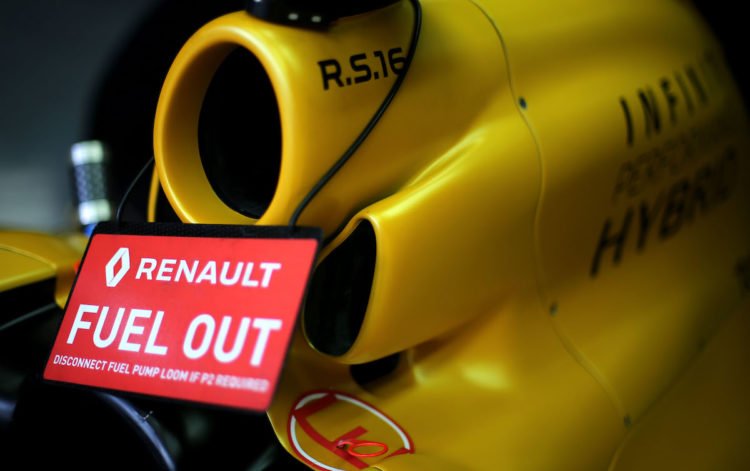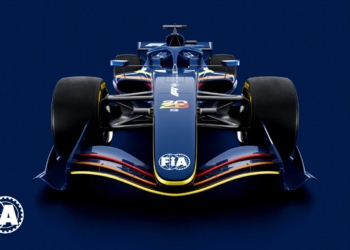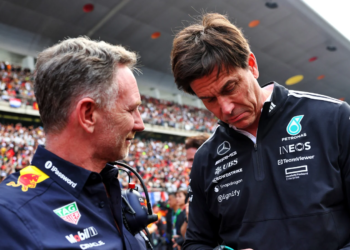Formula 1 is planning to become a testing ground for 100 per cent sustainable fuels, which will help the series to meet its goal of becoming net-zero carbon by 2030.
The sport has ruled out a move to all-electric power like Formula E, instead it will focus on driving the development of sustainable fuels which will allow the sport to remain a largely combustion based series, albeit with increased hybridisation.
Next year will see the introduction of E10 fuel – the same stuff available on petrol forecourts throughout Europe and introduced recently in the UK – which is a mix of 90 per cent fossil fuel and 10 per cent ethanol, up from the current 5.75 per cent standard in F1.
F1 rules will mandate that the 10 per cent ethanol must be “second generation biofuel” which has been produced in a sustainable way, meaning it will have a near-zero carbon footprint.
But looking to the future, F1 has plans to move to 100 per cent sustainable fuels when it switches to its new engine formula, in 2025 or 2026.
It’s estimated that there will be 1.8 billion cars on the road by 2030, with less than 10 per cent of those pure Battery Electric Vehicles (BEVs) – with the remainder a mix of hybrid of internal combustion. Therefore traditional engines will continue to be essential not only on the roads, but also in air and sea travel, where electrification just isn’t possible with today’s battery technology.
F1, which has spearheaded several major automotive developments which are now commonplace in the motoring industry, hopes to lead the way in the development of these sustainable fuels by working with partners to develop new technologies to create so-called “drop-in fuels”, which despite being 100 per cent sustainable, can be used in any modern motor vehicle without the need for modification.
These fuels will be laboratory-created, using components that come from either a carbon capture scheme where CO2 is combined with hydrogen to create a synthetic e-fuel, or through biomass, where municipal waste or non-food bio-waste goes through a chemical process to create liquid fuel.
It’s also hoped that this approach will attract new manufacturers to the sport, with Volkswagen Group brands, Audi and Porsche, eyeing an entry when the new engine formula is introduced in 2025/26.










Discussion about this post